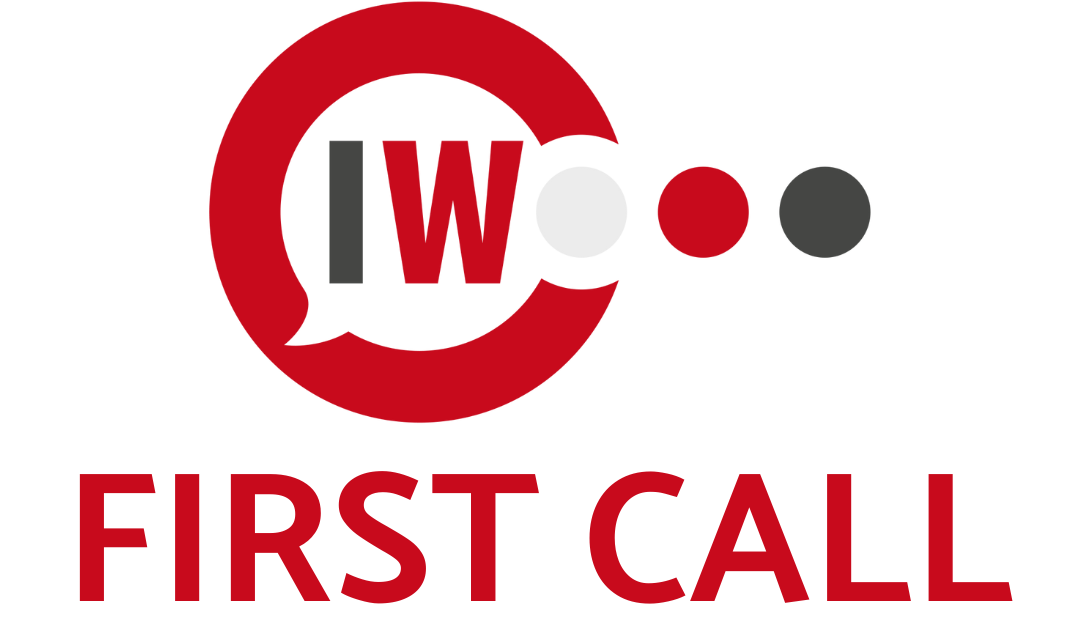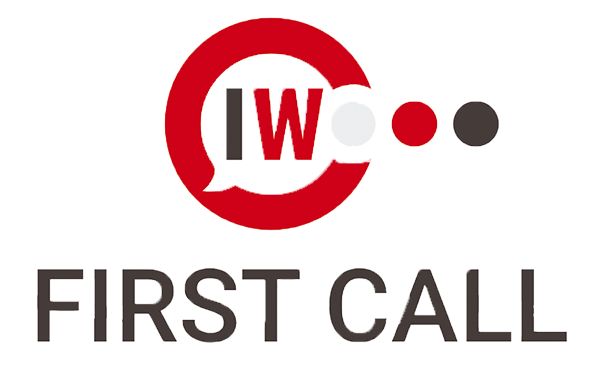The accounting process for an insurance agency contains many complex components that must work together for effective execution. One critical function is insurance reconciliation, which confirms that commissions match between insurance carriers and agencies. This ensures accurate agent payments and financial records. Although reconciliation is tedious, proper implementation is invaluable.
The Purpose of Commission Reconciliation

Insurance carriers determine commission rates, so agencies must understand those rates to pay agents accurately. Rates vary by carrier, line of business, and region. Carriers use commissions to help agencies cover business costs.
Through reconciliation, agencies confirm commission alignment with carriers. It verifies accurate system data and agent payments. Missed reconciliations cause payment and record mistakes that become agency issues. Proper reconciliation facilitates smooth operations.
Gathering Statements from Carriers
Carriers provide statements on various schedules in different formats. Some contain few transactions, while others have hundreds. Reconciling diverse statements demands full staff attention.
Statements list policy details like dates, numbers, names, and commission data. Staff match this to system records, adding comments on discrepancies to address with the carrier. Such intricate manual review takes significant time.
Entering Commission Data

Processing commissions requires entering statement transactions into the management system. This mirrors the carrier’s reconciliation report.
With carrier variations, specialists must check policy dates, numbers, names, premiums, commission percentages, and amounts. Precise data entry avoids improper agent payments.
Sending Agent Statements and Payments
Once reconciliation is complete, the agency sends commission statements to agents. Payment methods include checks or direct deposit.
Accuracy ensures proper agent reimbursement for sales. Without careful reconciliation, agents receive incorrect payments, leading to agency accounting issues.
Why Agencies Struggle with Reconciliation
The intricate reconciliation process often overwhelms agencies. High transaction volume makes manual review tedious.
Each carrier uses distinct statement formats delivered on different schedules. Variations necessitate customized agency procedures based on portfolio needs.
Such complexity increases reconciliation mistakes that propagate through the agency’s financial data. The process requires meticulous attention to detail that strains staff resources.
Benefits of Outsourcing Reconciliation

Given the challenges of precise in-house reconciliation, agencies increasingly outsource this function. Specialists with carrier expertise perform the intricate reviews.
The experienced outsourced insurance specialists at IWFirstCall can reconcile diverse statements efficiently. Custom processes for each carrier-agency relationship support accuracy. Experience consolidates knowledge. This accuracy provides reliable agent payments and financial records. Outsourcing lifts reconciliation burden from agency staff. The process integrates smoothly with operations.
Implementing Reconciliation Best Practices
Whether insourced or outsourced, certain best practices optimize reconciliation. Defined procedures applied consistently boost efficiency.
Tight communication protocols between agencies and carriers streamline data gathering. Advanced tools can partially automate reconciliation steps.
Cross-training staff and monitoring performance ensure consistent quality. As reconciliation improves, agencies enhance accounting practices across operations.
Conclusion: An Essential Accounting Function
Insurance reconciliation is complex yet critical. Confirming aligned commission rates between carriers and agencies enables accurate agent payments and financial records, elevating accounting performance.
Reconciliation challenges make outsourcing an attractive option for many agencies. Proper implementation of this intricate process, either internally or externally, allows agencies to optimize operations.
FAQ
What should an insurance company know about insurance reconciliation?
Insurance reconciliation is a crucial task for insurance companies. It involves comparing the insurance company’s records with those of the insurance agencies to ensure that the information matches up and there are no discrepancies. This helps in maintaining accurate customer data, insurer records, and insurance policies.
What are the key challenges faced in the insurance reconciliation process?
The key challenges in the insurance reconciliation process include maintaining accurate customer and insurer information, time-consuming manual work, difficulty in dealing with multiple types of insurance policies, and potential for human error. An outsourcing partner or an automated insurance reconciliation solution can help tackle these challenges.
What is the role of insurance reconciliation in comprehensive insurance report creation?
Insurance reconciliation plays a crucial role in comprehensive Profit & Loss insurance report creation. By ensuring all data is correct and up-to-date, insurance companies can create accurate reports on individual policies and overall policy performance. These reports provide a complete and accurate picture essential for decision-making in the livelihood of an insurance agency.
Is it possible to conduct insurance reconciliation without a team dedicated to this task?
While it’s possible to conduct insurance reconciliation without a dedicated team, it can be quite challenging and time-consuming. An experienced and dedicated insurance reconciliation team can offer a more efficient and error-free way of performing this task, freeing up staff to concentrate on other crucial business areas.






